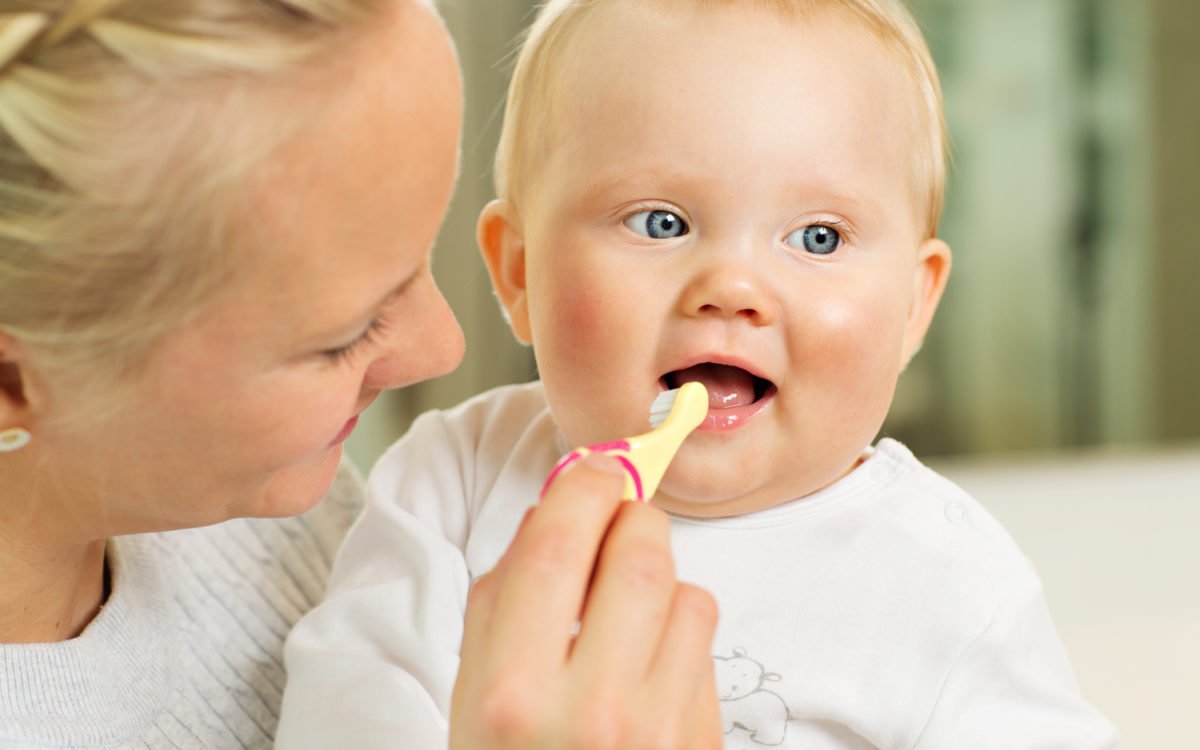
Tooth Care for Babies: A Comprehensive Guide for Parents
The arrival of a new baby brings immense joy and responsibility. As parents, ensuring the well-being of our little ones becomes our utmost priority. Among the many aspects of baby care, maintaining their oral health is crucial for their overall development and well-being. This comprehensive guide will provide you with essential information on tooth care for babies, empowering you to nurture their pearly whites from the very beginning.
When Do Baby Teeth Start to Appear?
The eruption of baby teeth, also known as primary teeth or milk teeth, typically begins around 6 months of age. The first teeth to emerge are usually the two lower central incisors, followed by the upper central incisors. By the age of 3, most babies have a full set of 20 primary teeth.
Importance of Baby Teeth
Although baby teeth are temporary, they play a vital role in the child’s development:
- Speech and Language Development: Baby teeth help shape the mouth and jaw, which are essential for clear speech and language acquisition.
- Chewing and Digestion: Primary teeth enable babies to chew and break down food, facilitating proper nutrition and growth.
- Space Maintenance: Baby teeth hold the space for permanent teeth to erupt correctly, preventing overcrowding or misalignment.
- Facial Development: Healthy baby teeth contribute to the development of the child’s facial structure and overall appearance.
Signs of Teething
Teething can be an uncomfortable process for babies, but understanding the signs can help you provide comfort and support:
- Excessive Drooling: Increased saliva production is a common sign of teething.
- Chewing and Biting: Babies may chew on their fingers, toys, or other objects to relieve gum discomfort.
- Irritability and Fussiness: Teething can cause pain and discomfort, leading to irritability and crying.
- Gum Swelling and Redness: The gums around the erupting tooth may become swollen and red.
- Mild Fever: Some babies may experience a slight fever during teething.
How to Soothe Teething Pain
- Gum Massage: Gently massage the baby’s gums with a clean finger or a teething ring to provide relief.
- Cold Compress: Apply a cold washcloth or teething ring to the baby’s cheek to numb the pain.
- Teething Toys: Offer the baby teething toys made of soft, chewable materials.
- Over-the-Counter Pain Relievers: If other methods don’t provide sufficient relief, consult with your pediatrician about using over-the-counter pain relievers specifically designed for infants.
Establishing Good Oral Hygiene Habits
- Start Cleaning Early: Even before teeth erupt, gently wipe the baby’s gums with a clean, damp cloth to remove bacteria.
- Brush Regularly: Once the first tooth appears, start brushing it twice a day with a soft-bristled toothbrush and a pea-sized amount of fluoride toothpaste.
- Floss Daily: As soon as two teeth touch, begin flossing once a day to remove plaque and food particles from between the teeth.
- Limit Sugary Drinks: Avoid giving babies sugary drinks such as juice or soda, as they can contribute to tooth decay.
- Regular Dental Checkups: Schedule regular dental checkups with a pediatric dentist starting at around 6 months of age.
Common Dental Problems in Babies
- Baby Bottle Tooth Decay: Prolonged exposure to sugary liquids in baby bottles can lead to tooth decay.
- Early Childhood Caries: This is a type of tooth decay that affects young children and can progress rapidly.
- Gum Disease: Poor oral hygiene can cause gum disease, leading to inflammation and bleeding.
- Trauma: Babies can experience dental trauma from falls or accidents, resulting in chipped or broken teeth.
Preventing Dental Problems
- Avoid Prolonged Bottle Feeding: Limit bottle feeding to mealtimes and avoid putting sugary liquids in the bottle.
- Clean Pacifiers and Teething Toys: Regularly clean pacifiers and teething toys to prevent the spread of bacteria.
- Encourage Healthy Eating Habits: Offer babies a balanced diet low in sugar and processed foods.
- Supervise Oral Hygiene: Supervise your baby’s brushing and flossing to ensure proper technique.
- Avoid Sharing Food or Drinks: Avoid sharing food or drinks with your baby, as this can transfer bacteria to their mouth.
Conclusion
Tooth care for babies is an essential aspect of their overall health and well-being. By understanding the importance of baby teeth, recognizing the signs of teething, and establishing good oral hygiene habits from the start, you can help your little one maintain a healthy smile for years to come. Regular dental checkups and preventive measures will ensure that your baby’s teeth remain strong and cavity-free, setting the foundation for a lifetime of dental health.
